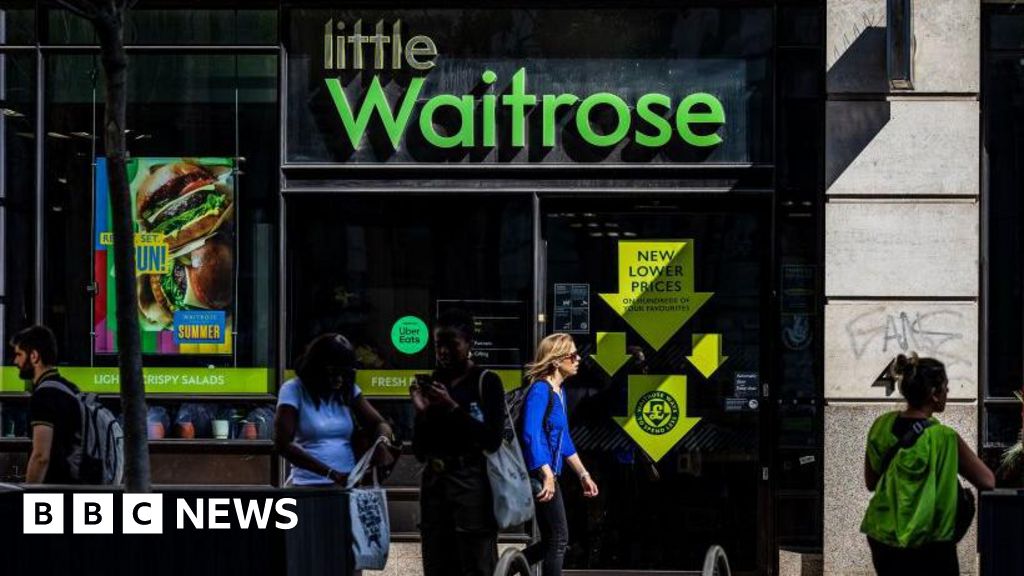“We know the opportunity is there yet we have currently only circa 45 little Waitrose convenience shops,” said a Waitrose spokesperson.
The supermarket said it planned to invest £1bn on its expansion plans and to improve its existing 329 stores, some of which are part of motorway services and petrol stations.
Clive Black, an analyst at Shore Capital, said the general shift of supermarkets focusing on convenience stores could be due to planning permission constraints and affordability.
“Such stores are easier to gain planning permission with greater site availability than traditional, larger, supermarkets whilst they are also cheaper and quicker to develop,” he said.
Waitrose is not alone in its plan to focus on smaller stores, Asda previously revealed plans to open 300 convenience stores by 2026.
Eleanor Simpson-Gould, senior retail analyst at GlobalData, said “traditional” supermarkets were ramping up investment in smaller stores in response to “gains” made by the discounters such as Aldi and Lidl.
“Convenience stores enable grocers to enter new locations with smaller investment costs than large format stores,” she said. “Consumer habits are changing, and expediency drives this demand for smaller stores.”
GlobalData predicts that online shopping will see a 6% increase in sales in 2024.
“This demand can be supported by smaller format stores, providing a base for rapid-delivery capabilities to expand,” Ms Simpson-Gould added.
Credit: Source link











